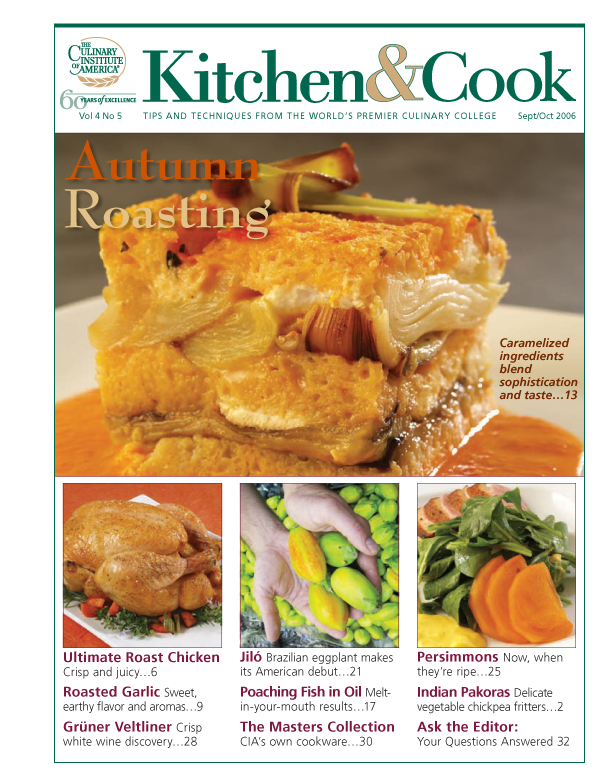Jay Weinstein

Market In Winter
Green Eating
Spring Harvest
Heirloom Vegetables

Late Summer Fruits


Tier 1: Local Organic. If you live in an area where organic farms produce fruits and vegetables you like, then that's the gold standard. Not only are the farm's practices replenishing the earth, but, their goods don't generate nearly as much transportation pollution getting to market as long-haul imports do. Find out if there are organic farms within fifty miles of your home, and where they sell their produce. Make those vegetables your first choice. If you live in a city where farms aren't nearby, set a range within 200 miles of your home,and find out where the organic producers from that range sell (www.localharvest.org)
Tier 2: Local. You may be surprised that I didn't choose imported organics as the second tier. But, transportation causes such a huge amount of our pollution (50 percent of U.S. air pollution comes from motor vehicles) that sourcing from the region will have a big impact on your carbon footprint. Conventional produce from small farms is usually a better eco choice, from a pesticide-fertilizer standpoint, than factory-farmed conventional. Small farmers have more direct contact with their crops and their land, so they're generally better stewards. And despite idiotic claims that flying 50,000 miles is more efficient than trucking 200 pounds 50 miles the distribution chain is not a simple straight line. If your produce dealer sells fruit right from the back of the plane on the tarmac, and you live next to the airport, then talk to me. If the fruit is offloaded to trucks for shipping around the city or suburbs, then you've got no argument. Local is better.
Tier 3: Organic. Few people who look at a handful of fertilizer see it as the product of massive gas and coal inputs, but, it is. And the amount of fertilizer used in the U.S. is staggering. Cornell biologist David Pimentel has argued for years that the U.S. could halve its fertilizer usage with no appreciable loss in productivity. But fertilizer, which runs off during rains into waterways, causing fish kills downstream, is applied willy-nilly in conventional factory-farming operations. Small farm activists are often up in arms about the takeover of the organic produce industry by big players like Dole, ADM, and even Earthbound Farms. These organic factory farmers apply similar mass-production methods to conventional agribusiness operations, just without banned pesticides and fertilizers. They're competing with conventional supermarket produce, not farmers' markets. If more land is dedicated to organic acreage, even if it's high volume, that's still better than conventional factory farming. To ensure that you're not supporting unsustainable use of land, organics are your best choice. They also won't contain residues of fertilizer and pesticides. They should still be thoroughly washed, though, because organic pest control and fertilizing agent aren't great to eat either.
Tier 4: Produce by ethical methods. If you're unable to locate the item you want either locally or organically produced, then try to choose one that was raised with some element of social consciousness. Few of us can source local bananas, and organic bananas are rare. But, many bananas are certified Fair Trade. That means that the workers who plant and harvested them were paid a living wage (near-slavery conditions exist on some banana plantations), and that minimum standards of land stewardship were applied.
In all four tiers, you're making a statement with your purchase. The message you send will be read by producers of both the ethical and conventional goods. They'll notice what people are buying. That's your power.
Green Eating: Four Tiers of Ethical Produce
Friends often ask me if buying organic is the best thing to do to fix our broken food system. Some ask whether buying local is better. Sometimes, comparing apples and apples isn't enough. What if one Granny Smith apple came from New Zealand and the other came from New Jersey? What if one was sprayed with organophosphates to kill off fruit flies? These variables factor into what kind of Granny Smith apple I'd want. Organics would seem the natural choice for the environmentally conscious shopper. But, there's more to choosing ecologically sound produce than just its organic status. I use a four tier decision tree when choosing produce.
Union Square Market, NYC




